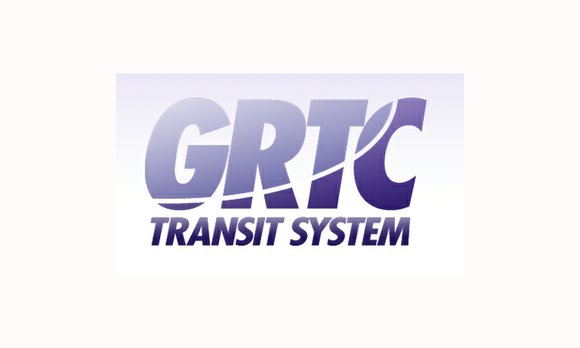GRTC board fires CARE van company
Jeremy M. Lazarus | 4/8/2017, 8:04 a.m.
Cora J. Dickerson’s complaints about the CARE van service that GRTC provides to elderly and disabled riders have produced unexpected results.
Three weeks after the advocate gave Richmond City Council an earful about shoddy service that was detailed in a front page Free Press story, Ms. Dickerson, who uses a wheelchair, and other upset riders are about to see a change that GRTC hopes will be an improvement.
At a special meeting Wednesday, the GRTC board fired MV Transportation of Dallas and agreed to hire First Transit Inc. of Cincinnati to take over CARE van service operations.
The reason: The lack “of consistency in the operations,” said GRTC spokeswoman Carrie Rose Pace. She declined to elaborate.
“Wonderful, wonderful,” Ms. Dickerson said after learning about GRTC’s decision. “It will take time before any major improvements happen, but this is a step in the right direction.”
The change in operators is scheduled to take effect Sunday, April 30.
MV Transportation’s three-year contract was to run through Nov. 30.
First Transit, whose holdings include the Greyhound interstate bus service, will run the CARE van service under the current contract that MV previously signed with union drivers.
GRTC has agreed to pay First Transit about $3.6 million to provide six months of service through the end of MV Transportation’s contract, including about $123,000 in start-up costs and an extra $176,000 above MV Transportation’s contract.
According to Ms. Pace, First Transit also agreed to carry on the health insurance benefits that MV Transportation provided to drivers so there will be no break in their health coverage.
At the same, she said GRTC plans to seek bids for the service that could result in First Transit staying on or a new operator being in place Dec. 1. Under federal law, GRTC is required to put such contracted paratransit services out for bid at least once every five years.
For riders like Brian Montgomery, the board’s action is welcome news.
“Maybe the service will run better,” said Mr. Montgomery, who like many others who use the CARE van service, believes it has gotten worse in recent years.
Mr. Montgomery is a frequent rider who has used the service for 27 years. He talked about some of the problems he has experienced, which echo complaints lodged by Ms. Dickerson and others.
He said he went to a community meeting last week and then had trouble getting home, which he said is all too commonplace.
“I had to wait an extra two hours and 10 minutes to get my scheduled pickup,” he said. “This is not unusual, and it has created real problems for people trying to get to work, see a doctor or take care of other business.”
Also confined to a wheelchair, Mr. Montgomery is among several thousand people in Richmond and Henrico County who rely on the service. Localities like Richmond and Henrico that use federal funds along with their own to run public buses are required to offer paratransit service as well.
GRTC has been under pressure from Ctiy Council to improve CARE van service, which provides 1,100 to 1,200 trips a day.
In the wake of complaints from Ms. Dickerson and others, transit company officials told a City Council committee last month that it had put 13 new vans into service and was doing all it could to recruit and train new drivers to address a persistent shortage.
Whether the substitution of a new operator will bring improved satisfaction to riders remains to be seen.
Frank Tunstall III, president and business agent for the Amalgamated Transit Union Local 1220 that represents transit drivers in the Richmond area, is skeptical.
In his view, GRTC should operate the CARE van service itself and quit hiring outside companies whose need for a profit adds to the cost of the service and whose operations often are panned by riders.
He said changing the outside company does not solve the real problem — relatively low pay for drivers, which he said creates a constant turnover of experienced drivers moving to other companies that pay more.
While the CARE service fleet now includes 80 vans and 100 full- and part-time drivers on the MV Transportation payroll who have completed GRTC driver training, Mr. Tunstall said MV Transportation managed to keep only about 60 vans in daily service mainly because of the driver shortage.
Currently, he said pay for CARE drivers starts around $9 an hour and tops out at $12.86. Meanwhile, GRTC bus driver pay starts at $14.39 an hour and tops out around $22 an hour.
Trucking firms and a host of other companies that need drivers, including private paratransit firms in the Richmond area, also offer higher pay than the CARE service, he said.
“As soon as CARE drivers get some experience, they’re looking elsewhere,” he said. “That’s a GRTC problem, not an MV Transportation problem. Until drivers receive better pay, I don’t believe that will change.”









